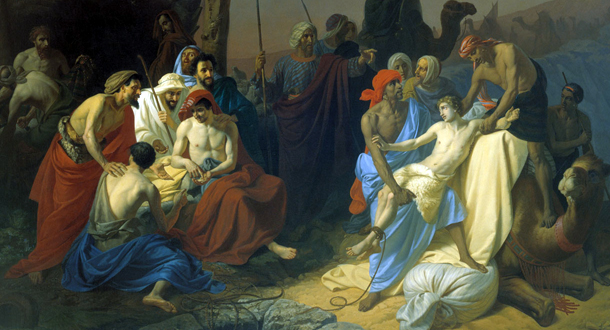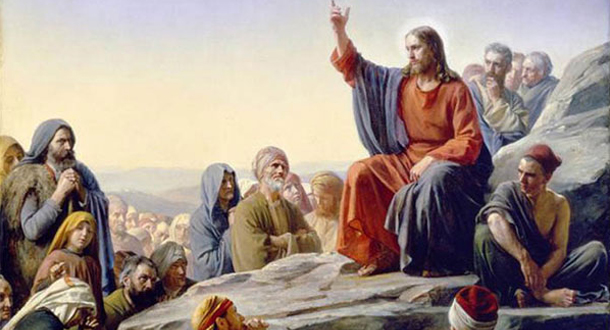
Scripture:
Exodus 11:10-12:14
Matthew 12:1-8
Reflection:
When I was a child, learning the ten commandments, I was taught the third commandment as “Keep Holy the Sabbath Day. That meant going to mass on Sunday and refraining from unnecessary servile work. The meaning of servile work at that time was unnecessary physical labor. What does the sabbath mean to us today?
The Hebrew word “shabbat” (=sabbath) means “stop”. What should we stop? Stop slavishly working through the list of to-dos, rushing to the grocery store, washing the car, doing the laundry mowing the grass all on a Sunday afternoon.
Rabbi Nachshon Siritsky (Shabbat: A Time to Stop, 6/30/2023) shares with us “Rest is the power of the biblical observance of Shabbat (the Sabbath). The act of resting is a sacred commandment- one that we do, because we were created in the divine image. It is central to our essence. The book of Genesis describes how G!d (God) rested on the seventh day, and that this was the final stage of creation. Later rabbinic commentary understood this to mean that our planet’s ultimate liberation will come when we all learn to rest”.
But if you are like me, we have worked so hard and rushed around for so long that we feel guilty when we stop. Most of us feel guilty resting, thinking we should be doing something productive as chores to get ready for the week. A friend of mine does his chores on Saturday, goes to Church Sunday morning, takes a nap early Sunday afternoon, and on Sunday evening celebrates the Sabbath by inviting his adult children and grandchildren for a leisurely Sunday dinner, every Sunday. They all come early and set up and all bring a dish to pass. There is laughter and joy as they celebrate the week that was and the week to come. It is a celebration of the family spirit of thanksgiving to God for all that they have and for all that they are a loving family to each other. How might you make the Sabbath Sunday more meaningful and holy next Sunday?
Carl Middleton is a theologian/ethicist and a member of the Passionist Family.







